Are you looking to stop the symptoms of venous insufficiency from worsening? Start by making some simple lifestyle changes.
Venous insufficiency refers to a breakdown in blood circulation in your leg veins. Tiny valves inside your leg veins open and close tightly to ensure blood doesn’t flow backward and collect in the veins. However, the valves can weaken due to age, genetics, excess weight, and a sedentary lifestyle, which can cause blood to pool in the veins. As the veins swell and blood pressure within the vein increases, varicose veins can develop along with feelings of leg pain, swelling, cramping, and overall heaviness.
Chronic venous insufficiency (CVI) is a progressive disease. About 25 million adults in the U.S. have varicose veins, with more than 6 million affected by advanced vein disease. Serious complications, such as venous ulcers and blood clots, can develop without treatment or lifestyle changes. To prevent the symptoms of venous insufficiency from worsening, take steps to seek treatment or make some lifestyle changes when you first notice your veins aren’t working properly.
Five things that can worsen the symptoms of venous insufficiency
Although genetics and gender can increase your risk of venous insufficiency, there are some easy lifestyle changes you can control to ease the symptoms of CVI. Here’s what can worsen the symptoms of venous insufficiency:
Lack of exercise. Your calf muscles work with the veins to pump blood back to the heart. Weakened muscles will struggle to support circulation and increase the chances of blood pooling in the veins. You can stimulate blood flow by taking a 30-minute walk or bike ride daily.
Sitting (or standing) for too long. Sitting or standing for long hours increases the blood pressure in the leg veins. As the pressure builds, the veins swell and become painful. If your job requires you to sit or stand most of the day, try some simple exercises to get the blood moving again. Try flexing your ankles regularly when you sit, or consider taking a short walk around the workplace.
Being overweight. Losing weight is the best way to reduce the symptoms of venous insufficiency. Those excess pounds only add more pressure to the veins, making it harder for them to circulate blood. Eat a vein-friendly diet of lean meats and colorful vegetables and fruits. Avoid fatty and sodium-packed foods.
Wearing restrictive clothing. High heels and clothing too tight around the waist can restrict blood flow. Save the heels for special occasions, and opt for comfortable flats and loose-fitting clothing on a daily basis.
Avoiding treatment. Many people hesitate to seek treatment for venous insufficiency because they think it’s painful or involves a hospital stay. Nothing could be further from the truth! Today, many minimally invasive procedures are available to treat venous insufficiency. These treatments typically take no more than an hour and are completed within a brief office visit. Treatment will reduce the symptoms of venous insufficiency and stop its progression.
Get your veins treated in Atlanta
Delaying treatment will only make the symptoms of venous insufficiency worse. If you live in Atlanta, visit one of our three Center of Vein Restoration (CVR) offices and find relief! Each is led by a board-certified vein specialist and a team who has successfully treated hundreds of patients suffering from varicose veins and other vascular disorders.
Keith S. Moore, MD, is a board-certified general surgeon specializing in vein procedures.
Louis Prevosti, MD, FACS, is a board-certified physician in thoracic and cardiovascular surgery.
James Fonger, MD, FRCS, is a board-certified physician in general and cardiovascular surgery.
Learn more about what we can do for you by contacting our offices today to schedule an appointment or to speak with a representative.
Don't live near an Atlanta CVR vein clinic location? No problem! With over 100 vein clinic locations in 22 states and the District of Columbia, there's sure to be a CVR vein center near you.
Camp Creek Medical Center
3886 Princeton Lakes Way
Suite 140
Atlanta, GA 30331
Northside Center Pointe
1100 Johnson Ferry Road NE
Suite 165
Atlanta, GA 30342
Gwinnett Professional Center
601 Professional Drive
Suite 170
Lawrenceville, GA 30046
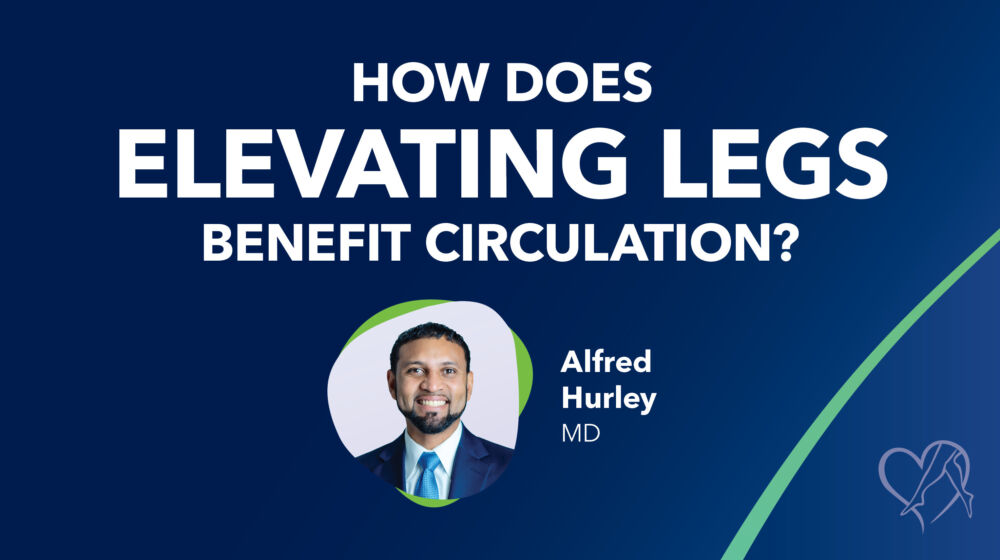
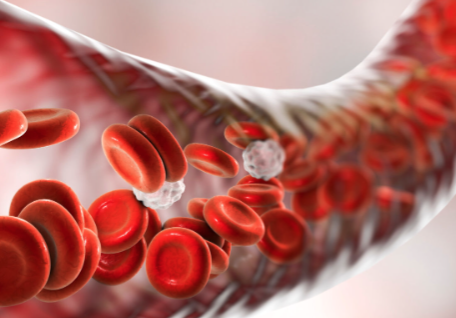 About Vein Disease
About Vein Disease
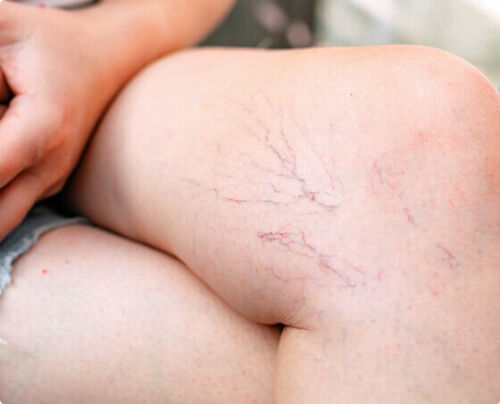 Spider Veins
Spider Veins
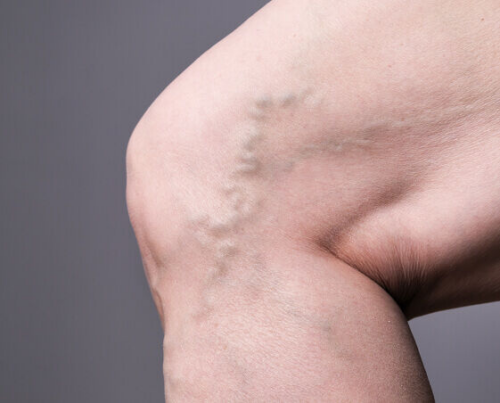 Varicose Veins
Varicose Veins
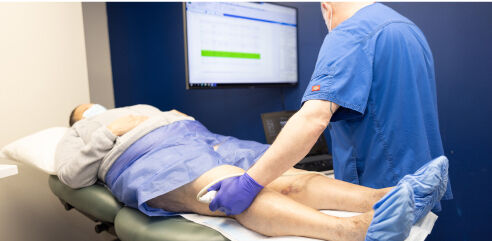 Vein Disease Treatments
Vein Disease Treatments
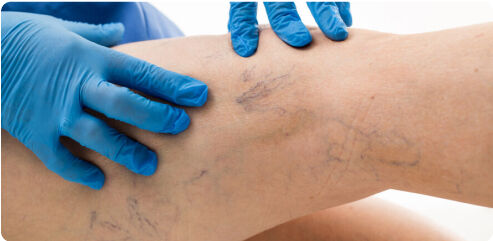 Treating Spider Veins
Treating Spider Veins
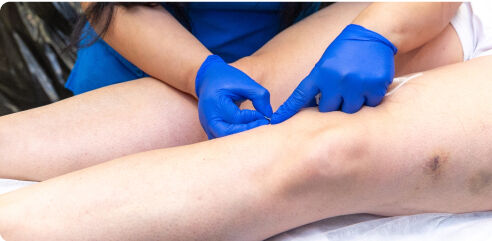 Treating Varicose Veins
Treating Varicose Veins
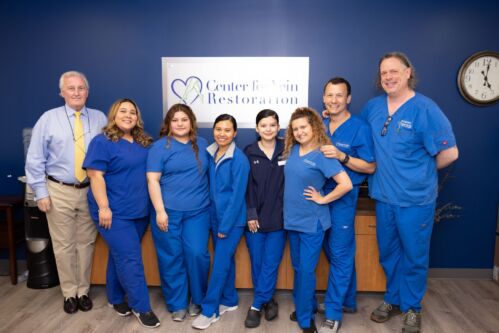 About Us
About Us
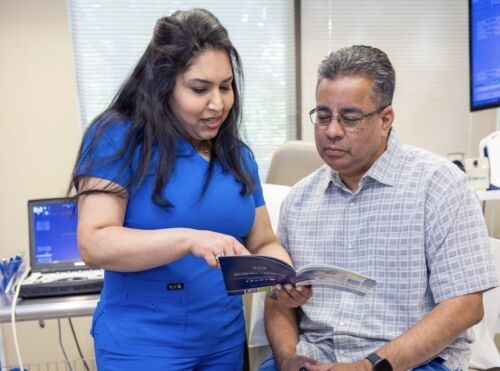 Patient Resources
Patient Resources
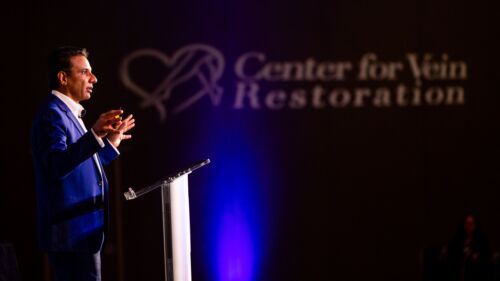 Physician Resources
Physician Resources


